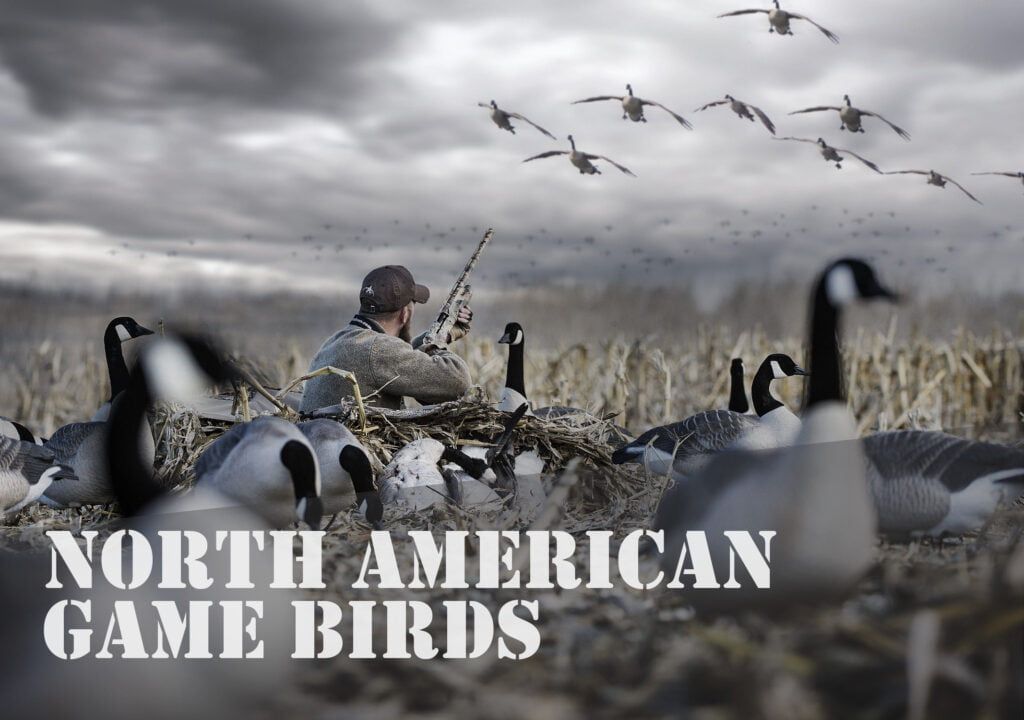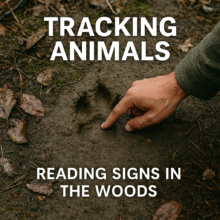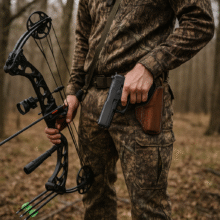North American Game Birds: A Hunter’s Guide to the Wild Skies

Table of Contents
Table of contents
Introduction
Calling all hunting enthusiasts and bird watchers! If you have a passion for outdoor adventures and a fascination for winged creatures, get ready to explore the world of North American game birds. From the majestic waterfowl to the elusive upland game birds, North America offers a diverse array of avian species for both hunters and wildlife enthusiasts to appreciate. In this comprehensive guide, we’ll take flight into the realm of game birds, learn about their habitats, hunting seasons, and conservation efforts, and discover why these feathered beauties hold a special place in the hearts of nature lovers and hunters alike.
The Iconic Waterfowl
Mallards – The Quintessential Ducks
Meet the Mallards, the most recognizable and abundant ducks in North America. With their striking emerald heads and distinct quacks, they are a common sight in ponds, lakes, and marshes. Their migration patterns provide ample opportunities for waterfowl hunters to test their skills.
Canada Geese – The Honking Flock
When autumn arrives, the skies echo with the honking calls of Canada Geese as they embark on their annual migration. These large and vocal birds present a challenge to waterfowl hunters, requiring strategic decoy setups and proficient calling techniques.
Wood Ducks – Nature’s Masterpiece
Admire the stunning Wood Ducks, also known as Carolina Ducks, as they flaunt their vibrant plumage of greens, blues, and chestnut. Their preference for wooded swamps and tranquil ponds makes them a sight to behold for both hunters and birdwatchers.
The Upland Game Birds
Ring-necked Pheasants – The Colorful Runners
Native to Asia, Ring-necked Pheasants were introduced to North America for hunting purposes. With their long tails and iridescent plumage, they add a touch of fascinating beauty to the countryside. Stalking these wily runners through grasslands and agricultural fields is a thrilling experience.
Ruffed Grouse – The Drummers of the Forest
Venture into the wooded expanses, and you might encounter the elusive Ruffed Grouse. These forest-dwelling birds rely on camouflage and swift take-offs to evade predators, making them a challenging target for hunters and a delight for bird watchers.
Wild Turkeys – The Kings of Thanksgiving
Gobbling through the woodlands, the Wild Turkeys hold cultural significance in North America, especially during Thanksgiving feasts. Turkey hunting requires strategic calling and stealthy approaches, adding excitement to the spring and fall seasons.
Hunting Seasons and Regulations
Migratory Bird Hunting Regulations
For waterfowl hunting, including ducks and geese, hunters must adhere to the federal migratory bird hunting regulations. These regulations specify hunting seasons, bag limits, and species restrictions, designed to ensure sustainable populations of these migratory birds.
Upland Game Bird Hunting Seasons
Each state in North America sets its own upland game bird hunting seasons and bag limits. These seasons are typically based on the specific breeding and nesting patterns of the game birds in that region.
Hunter Education and Licensing
Before taking flight on a hunting adventure, aspiring hunters must complete a hunter education course to learn about safety, ethics, and conservation practices. Additionally, obtaining the appropriate hunting licenses and permits is crucial to comply with state regulations.
Conservation Efforts for Game Birds
Habitat Conservation
Protecting and preserving the habitats of game birds play a vital role in ensuring their sustainable populations. Wetland conservation, reforestation projects, and maintaining grasslands are all essential for providing suitable breeding and nesting grounds.
Hunting Organizations and Initiatives
Numerous hunting organizations, such as Ducks Unlimited and Pheasants Forever, actively contribute to game bird conservation efforts. These groups fund habitat restoration projects and advocate for policies that support sustainable hunting practices.
Ethical Hunting Practices
Responsible hunters play a key role in game bird conservation by adhering to ethical hunting practices. This includes harvesting within legal limits, using non-toxic shot for waterfowl hunting, and respecting the habitats of game birds and other wildlife.
Conclusion
North American game birds offer an exciting blend of natural beauty and hunting challenges for enthusiasts across the continent. Whether you’re donning camouflage in pursuit of waterfowl or hiking through woodlands for upland game birds, each hunting experience presents an opportunity to connect with nature and appreciate the wonders of the wild skies. As we embrace the thrill of the hunt, let us also embrace the responsibility to protect and conserve these magnificent birds for generations to come. Happy hunting and birdwatching!
FAQs (Frequently Asked Questions)
1. Can I hunt game birds in multiple states during their respective seasons? Yes, you can participate in hunting seasons for game birds in different states as long as you possess the necessary licenses and follow each state’s regulations.
2. Are there restrictions on the type of shotgun ammunition used for waterfowl hunting? Yes, for waterfowl hunting, hunters are required to use non-toxic shot to prevent lead poisoning in waterfowl and protect the environment.
3. What is the bag limit for different game bird species? Bag limits vary by species and location, and they are put in place to ensure sustainable hunting practices. Check the specific regulations for the game bird species you intend to hunt in your area.
4. Can I hunt game birds on public lands, or are private lands the only option? Game bird hunting is permitted on both public and private lands, but it’s essential to be aware of specific regulations and obtain any necessary permits or permissions, especially on private property.
5. How can I support game bird conservation efforts even if I’m not a hunter? You can contribute to game bird conservation by supporting reputable hunting and wildlife conservation organizations financially or by volunteering for habitat restoration projects in your local area.







